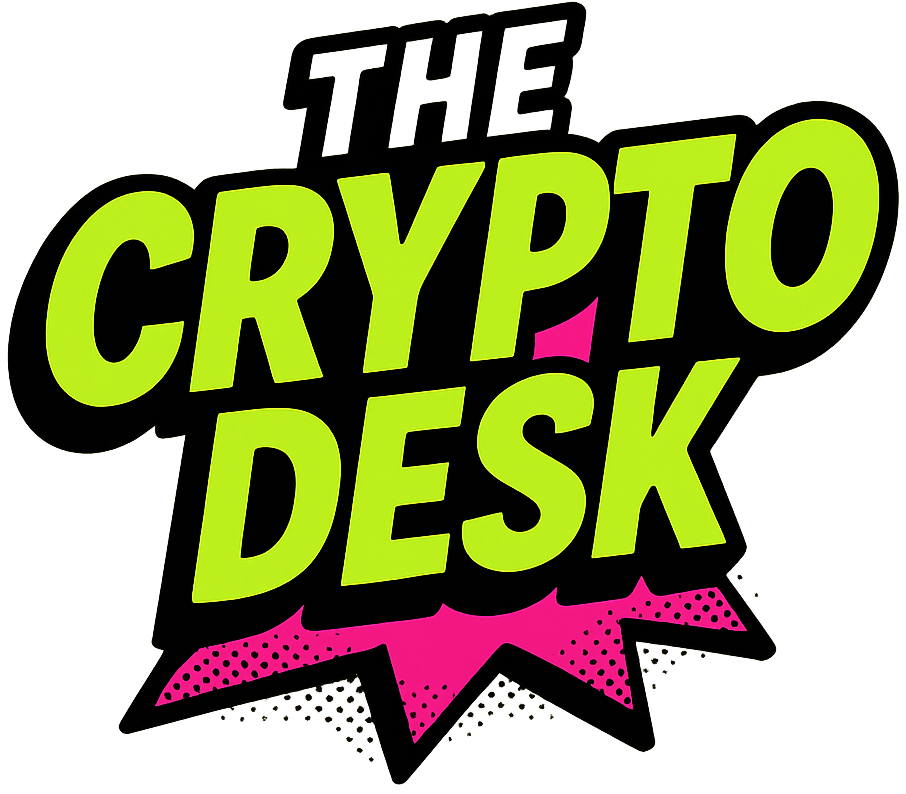Proposal for Bitcoin Reserves by the Swiss National Bank
In a groundbreaking move, the Swiss federal chancellery has initiated a proposal that could revolutionize how the Swiss National Bank (SNB) manages its monetary reserves by possibly incorporating Bitcoin as a component. This ambitious endeavor, spearheaded by Giw Zanganeh, the vice president of Energy and Mining at Tether, and Yves Bennaïm, the founder of the Swiss Bitcoin nonprofit think tank 2B4CH, was officially registered in Switzerland’s Federal Gazette on December 31.
Background to the Initiative
The proposal aims to amend Article 99 Paragraph 3 of the Swiss Federal Constitution, requiring the SNB to hold a portion of its monetary reserves in Bitcoin in addition to gold. The initiative, submitted on December 5, reflects years of meticulous planning. Originally slated for submission in 2021, the 2B4CH team postponed the proposal, anticipating a more welcoming environment for the concept of a country holding Bitcoin. With a target of gathering 100,000 signatures for a public referendum, the advocates have until June 30, 2026, to rally approximately 1.12% of Switzerland’s population of 8.92 million.
Bitcoin Advocates Rally Support
A coalition of eight Bitcoin advocates has joined forces to promote this initiative vigorously. Giw Zanganeh took to Twitter, stating, “Today we officially launched the popular initiative to add #Bitcoin to the @SNB_BNS Swiss National Bank’s balance sheet. We will need the full support of our community to gather 100k signatures and make this a national referendum. Details will follow…” This enthusiasm highlights the ongoing trend of fostering cryptocurrency acceptance in the country, particularly in Lugano, where approximately 260 merchants are already accepting Bitcoin for transactions.

The Challenges Ahead
Despite growing adoption in some regions, the proposal faces skepticism from influential figures. Recently, SNB Chair Martin Schlegel expressed concerns relating to Bitcoin’s substantial energy consumption and its practicality as a payment method. As Switzerland navigates these challenges, it finds itself at the center of a burgeoning global discussion about state-held Bitcoin.
The Global Perspective on Government Bitcoin Reserves
Globally, the notion of governments incorporating Bitcoin into their reserves is gaining significant momentum. In the U.S., a proposed Bitcoin reserve bill led by Senator Cynthia Lummis is under consideration, which would stipulate that Bitcoin be managed under the Treasury’s oversight. Moreover, politicians in Brazil and Poland have also shown interest in establishing Bitcoin reserves, alongside Hong Kong legislator Wu Jiexhuang, who aims to leverage the city’s unique governance structure to incorporate Bitcoin into national reserves, thus enhancing financial security.
State Initiatives in the United States
In the United States, states are increasingly exploring the addition of Bitcoin to their treasury reserves. Ohio has recently emerged as a contender, with House Republican leader Derek Merrin introducing legislation to add Bitcoin as a reserve asset. This initiative aligns with efforts by Texas and Pennsylvania, both of which have proposed similar legislation. Notably, Texas Representative Giovanni Capriglione introduced the Texas Strategic Bitcoin Reserve Act on December 12, 2024, which calls for maintaining Bitcoin as a reserve asset for at least five years. Meanwhile, Pennsylvania is working towards allocating up to 10% of its state treasury’s balance sheet to Bitcoin, led by Representative Mike Cabell’s proposal made in November.
The Corporate Landscape and Bitcoin Holdings
Beyond the governmental sphere, corporate entities are also expanding their Bitcoin holdings. MicroStrategy and Metaplanet have significantly increased their reserves, showcasing a growing belief in the cryptocurrency’s long-term value. Additionally, on December 10, MARA Holdings (MARA) made waves by acquiring 11,774 BTC, further solidifying its stake in the ever-evolving market. Furthermore, Riot Platforms, a prominent Bitcoin mining company, has announced plans to raise $500 million through a private bond offering, intending to expand its Bitcoin reserves even further.
Why It Matters
The push for Bitcoin reserves represents a pivotal moment in the acceptance of cryptocurrencies by traditional financial institutions and governments. Should the Swiss initiative succeed, it could inspire other nations to consider Bitcoin as a legitimate asset within their monetary frameworks, potentially reshaping global finance.
Expert Opinions
Experts in the field are divided on the viability of such initiatives. Some argue that incorporating Bitcoin into national reserves could bring substantial benefits, including diversification and the modernization of financial systems. Others caution against the inherent volatility associated with cryptocurrencies, emphasizing the need for caution and thorough analysis before major shifts are made.
Future Outlook
As discussions surrounding Bitcoin reserves gain traction both in Switzerland and globally, the coming years will be critical. The outcome of the Swiss initiative and similar proposals across the globe will likely set precedents that influence policy and shape the future landscape of cryptocurrency management at a national level. The ongoing dialogue suggests a shift towards broader acceptance and integration of digital assets into traditional finance, making it essential to stay informed about developments in this dynamic space.

